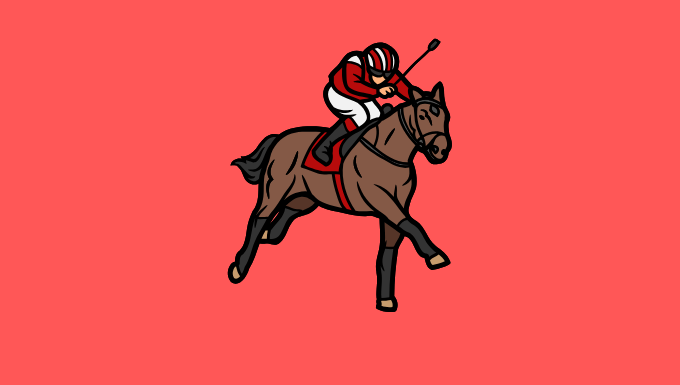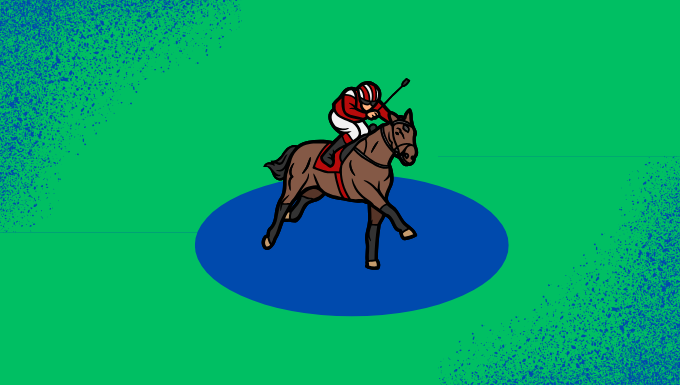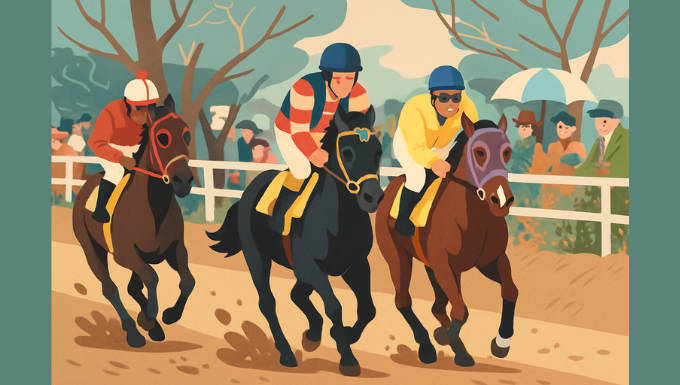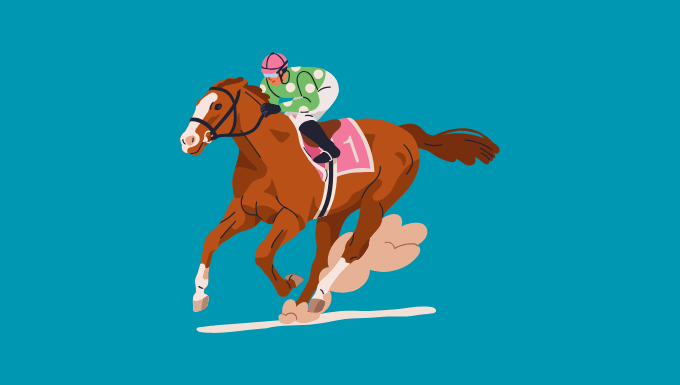As someone who’s spent years in the betting game, focusing on horse racing, I know how exciting it can be to pick a winner and watch them cross the finish line first. But mistakes can eat into your bankroll and hurt your confidence. Here are key errors to watch for and how to steer clear of them.

1. Betting Without Proper Research
One big mistake is jumping into bets without doing your homework. Horse racing has many factors at play, like the horse’s past performances, the form of the competitors, and even the distance of the race. If you skip this step, you’re basically guessing. For example, always check the horse’s recent races. Look at speed figures, which show how fast they’ve run before. A simple way to calculate an average speed figure is to add up the last few and divide by the number of races:
I’ve lost bets by ignoring a horse’s poor record on turf versus dirt. Take time to review race cards, past results, and expert picks. It pays off in the long run.
2. Ignoring Track and Weather Conditions
Tracks aren’t all the same, and weather can change everything. Betting without considering if the track is wet, dry, firm, or soft is a common error. Some horses perform better on certain surfaces or in specific weather.Picture this: A horse that’s great on dry dirt might struggle in the mud. Check the weather forecast and track bias as some tracks favor front-runners, while others help closers.
I once bet on a strong horse during a rainy day, only to see it slip because it hated wet conditions.
3. Chasing Losses After a Bad Bet
We’ve all been there: You lose a bet, get frustrated, and throw more money at the next race to “make it back.” This is chasing losses, and it’s a quick way to empty your wallet.Set a budget for the day and stick to it. If you’re down, walk away and come back fresh. Remember, betting is a marathon, not a sprint. I’ve learned that patience is key; analyze why you lost and use it to improve next time, rather than betting impulsively.
4. Poor Bankroll Management
Speaking of budgets, not managing your bankroll properly is another trap. Betting too much on a single race or not setting limits can lead to big problems. A good rule is to bet no more than 1-5% of your total bankroll on any one race. If your bankroll is $1,000, keep bets under $50. This way, a few losses won’t wipe you out.
5. Overlooking Jockey and Trainer Performance
Horses don’t race alone; jockeys and trainers matter a lot. Ignoring their stats is a mistake many make. A top jockey can make a difference on a decent horse, while a poor one might ruin a favorite’s chances.Look up win percentages for jockeys and trainers at the specific track. For example, if a trainer has a 25% win rate with young horses, that’s valuable info.
I’ve won bets by picking underdogs with skilled riders. Don’t just focus on the horse; consider the whole team.
6. Betting on Favorites Every Time
Favorites win about 30-35% of the time, but betting only on them often means low payouts and missed opportunities. It’s easy to fall into this habit because they seem safe, but value lies in finding overlooked horses with good odds.Calculate implied probability from odds to spot value. If you think a horse has a 40% chance but odds imply 25%, that’s a value bet. I’ve hit some nice wins by going against the crowd on solid longshots.
7. Letting Emotions Guide Your Bets
Emotional betting or picking a horse because you like its name, color, or it’s your “lucky” number is fun but not smart. It clouds judgment and leads to poor choices.Stick to facts and data. If a horse looks good on paper, bet it; otherwise, pass. I used to bet on horses with names like my dog’s, and it rarely worked. Now, I treat it like a business, and my results have improved.
8. Not Shopping for the Best Odds
Different bookmakers offer different odds on the same race. Not comparing them means leaving money on the table.Always check multiple sites or tracks for the best lines. Even a small difference, like 3.5 vs. 4.0 on a horse, adds up over time. Tools like odds comparison sites help with this. In my experience, this simple step has boosted my profits without extra effort.
9. Fixating on a Single Factor
A novice player might look only at a horse’s last race. A slightly more advanced player might get hooked on one specific data point, like Beyer Speed Figures.Good handicapping is a puzzle with many pieces:
- Pace: How will the race set up? Is there a lone front-runner, or will several horses duel for the lead?
- Form: Is the horse improving, declining, or staying consistent?
- Class: Is the horse stepping up to face tougher competition or dropping down to an easier level?
- Connections: How does this jockey ride? Is the trainer on a hot or cold streak?
- Distance and Surface: Is the horse proven at this distance and on this surface (dirt, turf, synthetic)?
Relying on just one of these factors is like trying to build a house with only a hammer. You need all the tools.
10. Chasing Lottery Payouts with Exotics
The allure of a massive Superfecta or Pick 6 payout is strong. These bets can be life-changing, but they are incredibly difficult to hit. For most players, especially those building a bankroll, focusing too much on complex exotic wagers is a mistake. The probability of winning is very low, and you can burn through your money quickly. It’s wiser to build your skills and your bankroll on simpler bets like Win, Place, and Show. Once you are consistently picking winners and identifying value, you can more intelligently structure your exotic tickets.


